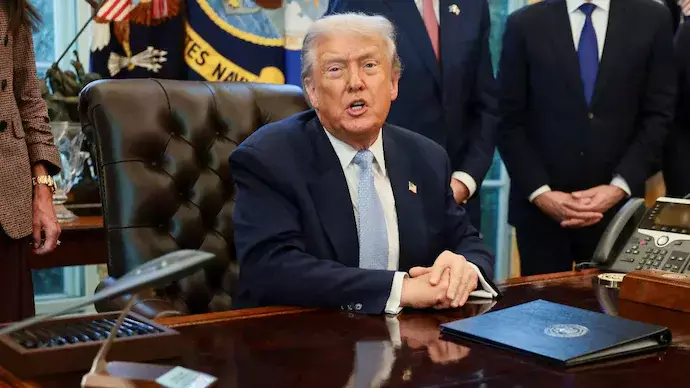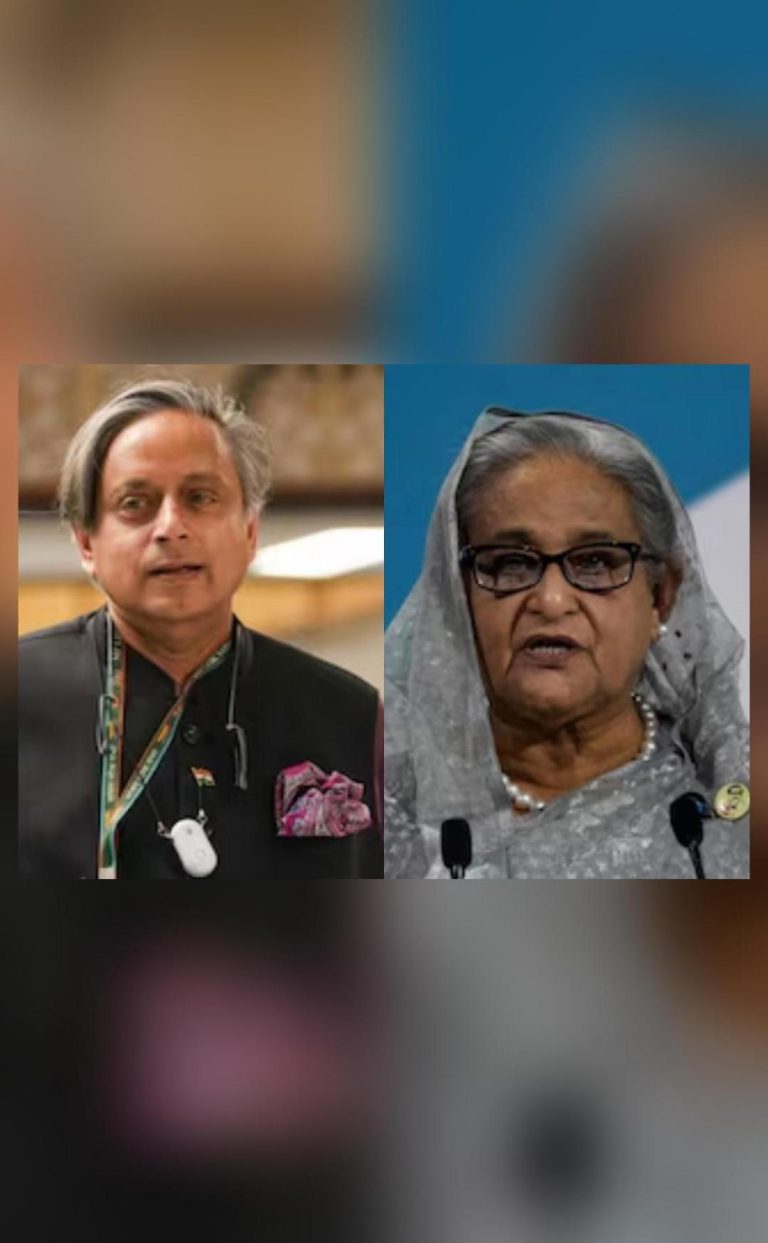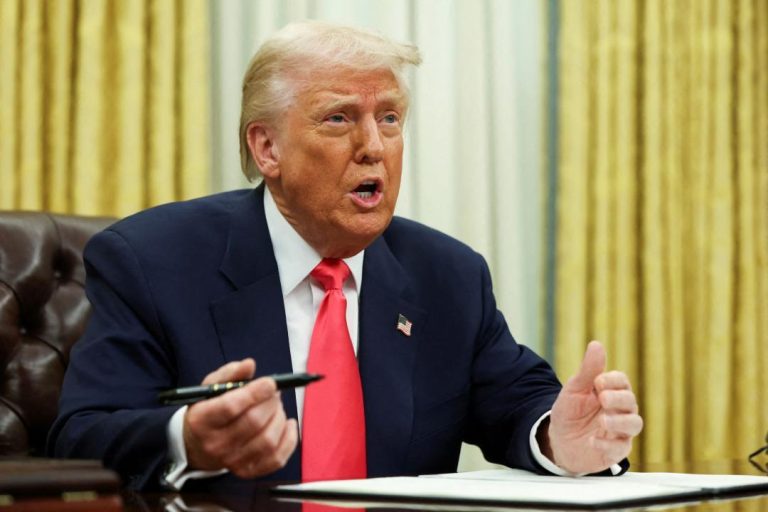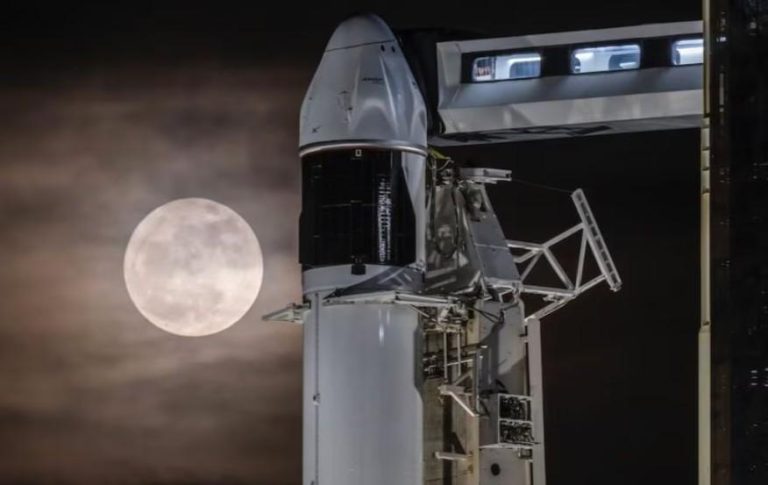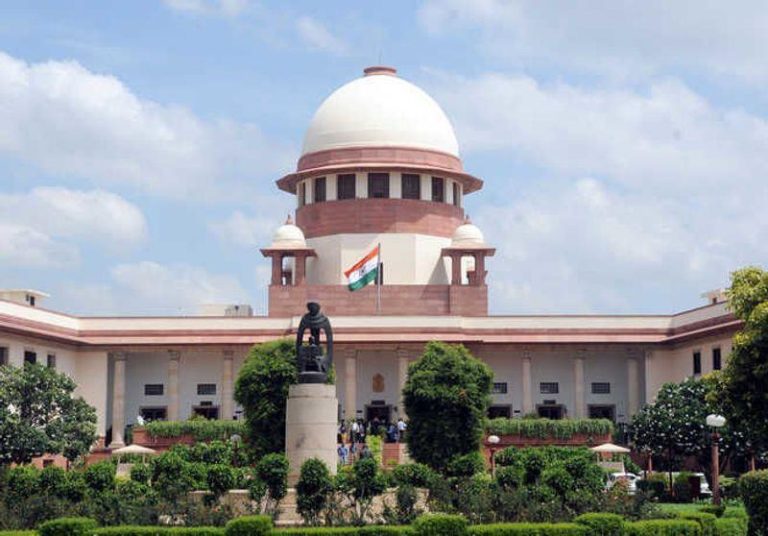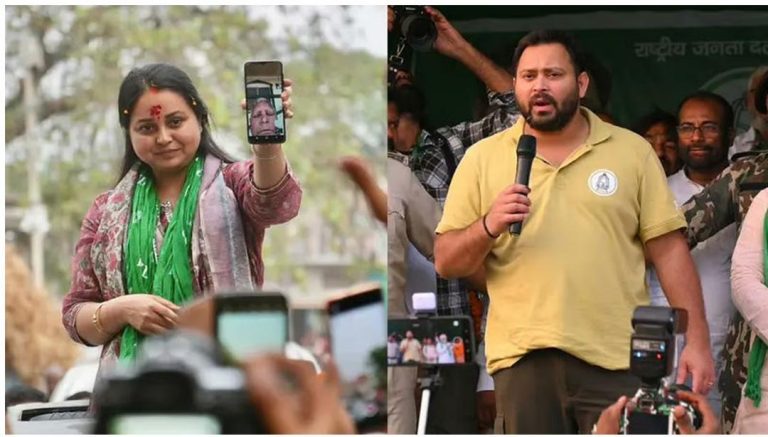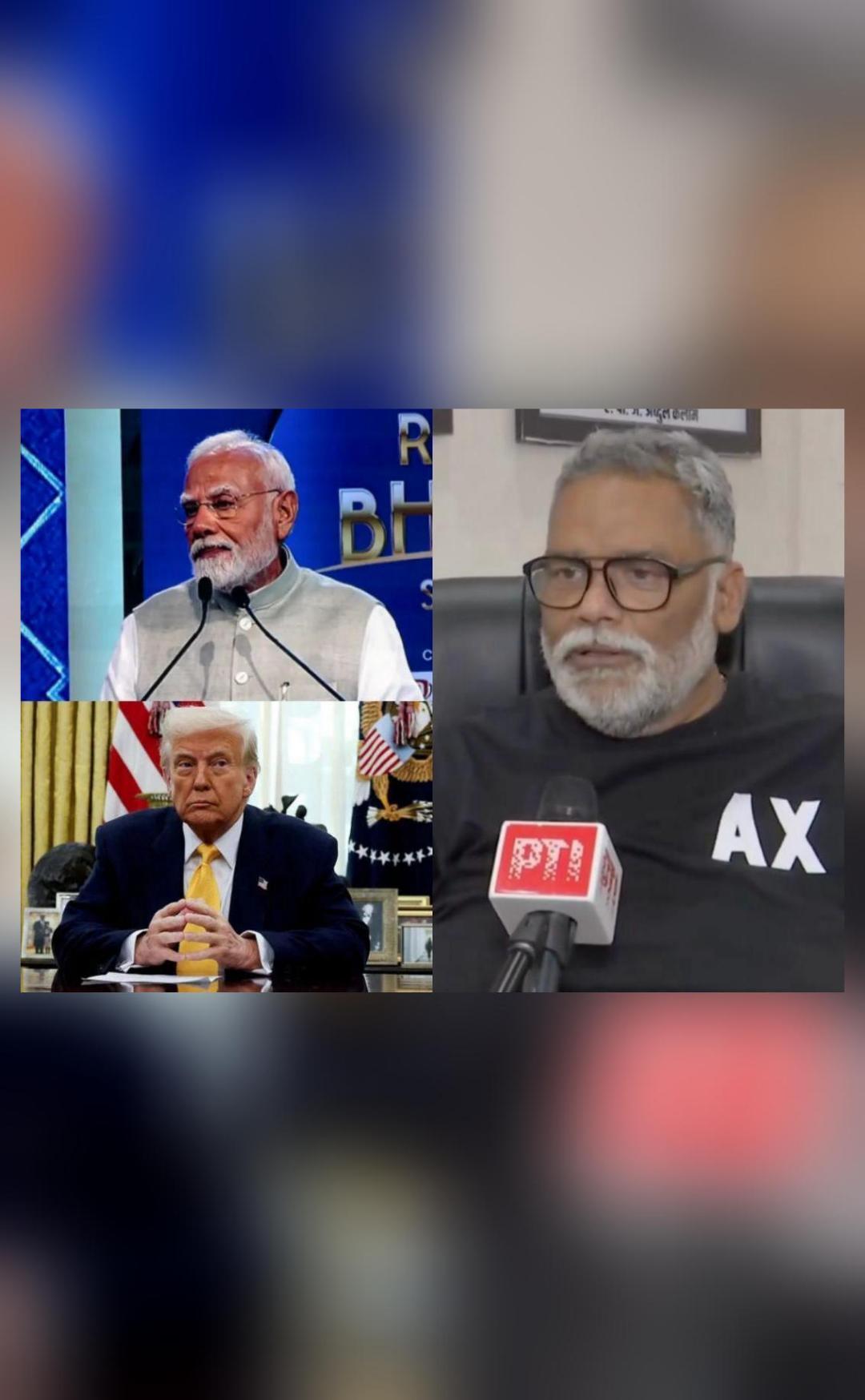
PM Modi Calls Trump His Friend & He Insults India: MP Pappu Yadav
The ongoing tumultuous relationship between the United States and India took another turn recently when US President Donald Trump claimed that he brokered a ceasefire between India and Pakistan. The statement was met with widespread criticism and dismay, with many feeling that Trump was overstepping his bounds and misrepresenting the situation.
One of the most vocal critics of Trump’s statement was Purnia MP, Pappu Yadav, who expressed his strong disapproval of the US President’s remarks. In a recent interview, Yadav stated, “PM Narendra Modi himself calls Trump a friend, and he is insulting India again and again.” He added, “Why are we intimidated by the US and China?”
Yadav’s comments were a direct response to Trump’s claim that he had played a crucial role in brokering a ceasefire between India and Pakistan. While the US President’s intention may have been to show his willingness to mediate in international conflicts, his statement was met with skepticism by many in India. Many felt that Trump was overstepping his bounds and trying to take credit for a development that was largely the result of diplomatic efforts between India, Pakistan, and other regional stakeholders.
Yadav’s criticism of Trump was not limited to his claim about the ceasefire. The MP also expressed his frustration with the US President’s repeated insults towards India. “Why do we keep quiet when Trump insults our country?” Yadav asked. “Why do we keep quiet when he says things like ‘India is a very dirty, very dirty place’? Why do we keep quiet when he says we are not doing enough to combat terrorism?”
Yadav’s comments are a reflection of the growing frustration and disillusionment that many Indians feel towards the US-India relationship. While there have been many positive developments in recent years, including increased cooperation in areas such as trade and defense, there have also been several instances where Trump’s words and actions have caused offense and hurt feelings.
One of the most notable examples of this was Trump’s tweet in 2020, in which he referred to India as a “very dirty, very dirty place”. The tweet was widely seen as an insult and was met with widespread criticism from across the political spectrum. The Indian government was quick to respond, with Minister of External Affairs, Subrahmanyam Jaishankar, stating that “India is not a dirty place, it’s a great place”.
Despite the outrage caused by Trump’s tweet, the Indian government has continued to maintain a cordial relationship with the US. PM Modi has been a vocal advocate for strengthening ties with the US and has worked hard to build a strong personal relationship with Trump. However, Yadav’s comments suggest that there are many in India who are increasingly frustrated with the US President’s behavior and are questioning why the government is continuing to maintain a close relationship with him.
Yadav’s criticism of Trump is not limited to his personal behavior. The MP has also expressed his frustration with the US’s foreign policy towards India. “Why do we need the US to intervene in our conflicts?” Yadav asked. “Why do we need the US to tell us how to deal with Pakistan? We are a sovereign nation, and we can handle our own affairs.”
Yadav’s comments are a reflection of the growing sentiment in India that the country should be more self-reliant and less reliant on external powers. While the US has been a major player in Indian foreign policy for many years, there is a growing feeling that the country should be more independent and less beholden to external powers.
In conclusion, Pappu Yadav’s comments are a reflection of the growing frustration and disillusionment that many Indians feel towards the US-India relationship. While there have been many positive developments in recent years, there have also been several instances where Trump’s words and actions have caused offense and hurt feelings. As India continues to navigate its relationship with the US, it is important that the government listens to the concerns of its citizens and takes steps to build a more balanced and equitable relationship.
